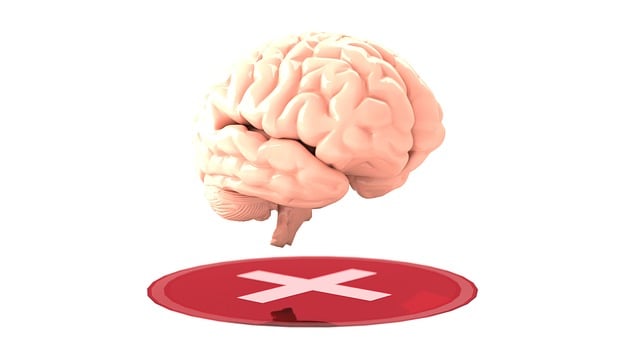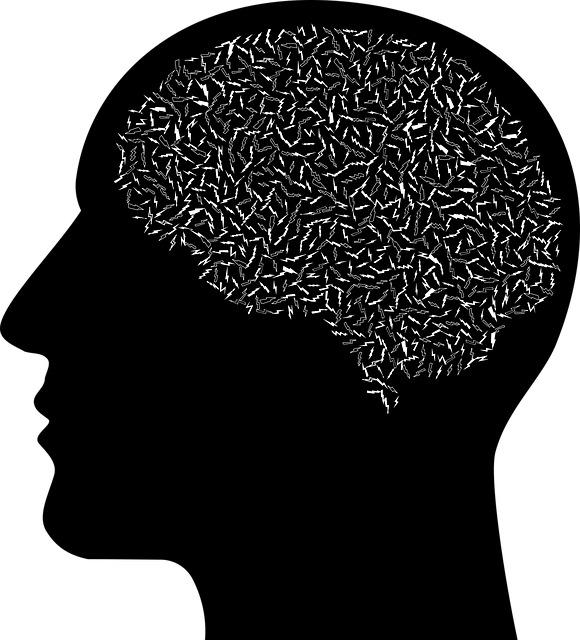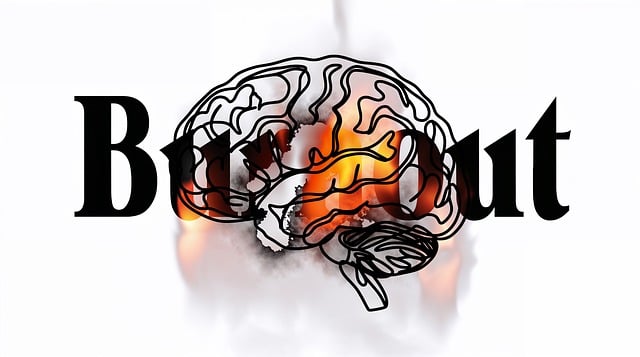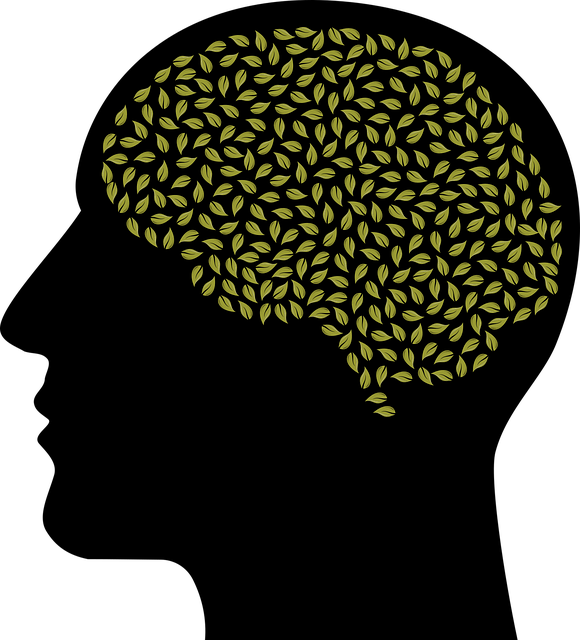Community outreach programs are powerful tools for addressing child mental health issues, especially Attention Deficit Disorder (ADD) and Attention-Deficit/Hyperactivity Disorder (ADHD). These initiatives bring essential services to underserved communities, facilitating early intervention through comprehensive evaluations. By offering tailored therapy, cultural competency training, and conflict resolution techniques, outreach workers support holistic development. Targeting children with ADD-ADHD, these programs design structured environments for emotional regulation and create safe learning spaces through interactive workshops. Strong partnerships with schools, healthcare providers, and local organizations ensure culturally sensitive interventions. Measuring success involves short-term outcome assessments, long-term longitudinal studies, and production-quality podcasts on mental wellness, demonstrating the positive impact of therapy for ADD-ADHD evaluations.
Community outreach programs play a pivotal role in enhancing child mental health support, especially for those with ADHD. This article explores the multifaceted approach to improving children’s well-being through targeted initiatives. We delve into understanding community outreach, identifying specific needs of children with ADD/ADHD, and designing engaging programs. Additionally, it highlights strategies for building partnerships with schools, healthcare providers, and local organizations, emphasizing the power of collaboration. Finally, we discuss evaluation methods and the long-term impact on children’s therapy and overall evaluations.
- Understanding Community Outreach: Its Role in Child Mental Health Support
- Identifying Target Groups: Children with ADD-ADHD and Their Unique Needs
- Designing Effective Programs: Activities and Strategies for Engagement
- Building Partnerships: Collaborating with Schools, Healthcare Providers, and Local Organizations
- Measuring Success: Evaluation Methods and Long-term Impact on Children's Well-being
Understanding Community Outreach: Its Role in Child Mental Health Support

Community outreach programs play a pivotal role in addressing child mental health issues by bringing essential services directly to underserved communities. Understanding the unique needs and challenges faced by local populations is crucial for effective outreach. By utilizing these initiatives, organizations can foster early intervention and access to critical resources such as therapy for children with conditions like ADD-ADHD.
This approach not only enhances mental health awareness but also promotes healthier development. Outreach workers can facilitate evaluations, connect families with appropriate healthcare providers, and even offer cultural competency training to improve access and understanding. Moreover, these programs often include conflict resolution techniques, ensuring that children and their families receive holistic support tailored to their specific needs, ultimately improving overall well-being.
Identifying Target Groups: Children with ADD-ADHD and Their Unique Needs

Identifying target groups is a crucial step in implementing community outreach programs, especially when catering to children with Attention-Deficit/Hyperactivity Disorder (ADHD) and Attention Deficit Disorder (ADD). These disorders present unique challenges for young individuals, impacting their ability to focus, control impulses, and regulate emotions. Customized support and interventions are essential to foster their overall development.
When designing outreach programs, mental health professionals should consider the specific needs of children with ADD-ADHD. This includes providing structured environments that promote emotional regulation and enhance emotional intelligence. Regular therapy sessions can offer strategies for managing symptoms, while comprehensive evaluations ensure a tailored approach. Moreover, risk assessment is vital to identify potential triggers and implement safety measures, creating a supportive space for these children to thrive.
Designing Effective Programs: Activities and Strategies for Engagement

Designing engaging community outreach programs requires a strategic approach to effectively connect with and support local residents. When targeting families with children who may benefit from therapy for Children ADD-ADHD Evaluations, activities should be tailored to both educate and engage. Hosting interactive workshops that focus on topics like emotional intelligence and coping mechanisms can help create a safe space for learning and connection. These sessions can utilize creative techniques such as storytelling or art therapy to cater to different learning styles.
Moreover, incorporating risk management planning for mental health professionals is essential for ensuring the well-being of both participants and practitioners. By fostering an environment that encourages open communication strategies, inner strength development becomes a shared goal. This holistic approach not only addresses immediate needs but also equips families with long-lasting tools to navigate challenges. Effective programs should aim to build resilience, promote self-care, and foster supportive community networks.
Building Partnerships: Collaborating with Schools, Healthcare Providers, and Local Organizations

Building strong partnerships is a cornerstone of effective community outreach programs. Collaborating with schools, healthcare providers, and local organizations creates a network that amplifies the impact of initiatives aimed at enhancing mental wellness. Schools play a vital role in identifying children who may need therapy for ADD-ADHD evaluations and referrals, while healthcare providers offer specialized services and insights into best practices. Local organizations, on the other hand, provide community-specific knowledge and resources, ensuring that interventions are culturally sensitive and tailored to address unique challenges. This holistic approach fosters a supportive environment where mental wellness journaling exercises can be effectively guided, promoting not just awareness but also burnout prevention within these crucial partnerships.
Measuring Success: Evaluation Methods and Long-term Impact on Children's Well-being

Measuring the success of community outreach programs is paramount to understanding their true impact on children’s well-being. Evaluation methods should encompass both short-term outcomes and long-term benefits, especially when addressing issues like Attention Deficit Disorder (ADD-ADHD). This involves pre- and post-program assessments using standardized tools tailored for pediatric populations. By comparing scores in areas such as attention span, impulse control, and academic performance, researchers can gauge the immediate effects of intervention.
Beyond these direct measures, assessing mental wellness through a series of production-quality podcasts focused on mood management and resilience building can offer valuable insights. Longitudinal studies following children over several years reveal whether program participants exhibit enhanced coping mechanisms and improved overall well-being. This holistic approach to evaluation ensures that community outreach initiatives are not only effective in the moment but also foster sustainable positive outcomes for children’s mental health.
Community outreach programs play a pivotal role in enhancing child mental health, especially for those with ADD/ADHD. By tailoring activities and strategies to meet unique needs, these initiatives foster engagement and improve outcomes. Collaboration among schools, healthcare providers, and local organizations is essential for successful implementation. Regular evaluations and long-term follow-ups ensure the impact of these programs extends beyond immediate support, contributing significantly to the well-being of children, particularly in therapy for ADD/ADHD, and shaping their future prospects.













